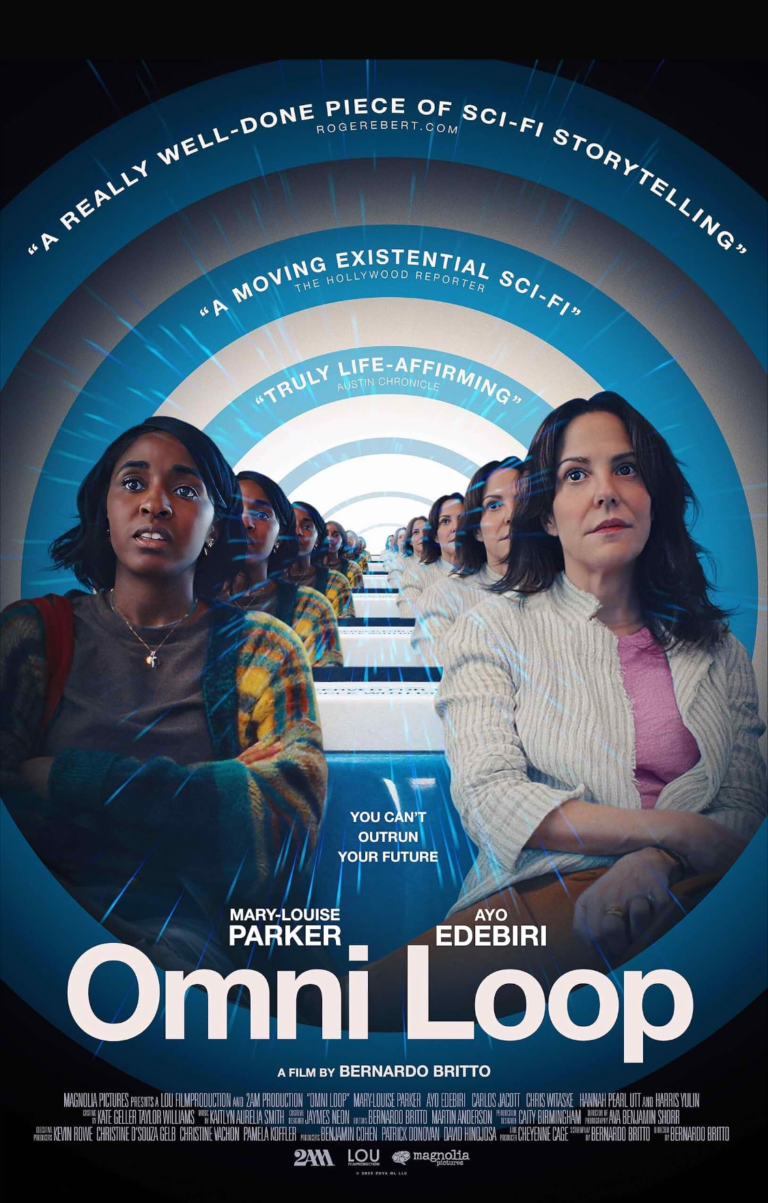12 Years a Slave Christian Review

12 Years a Slave is not a movie you just “watch” and walk away from unchanged. It’s one of those few films that sinks into you, deep, making its home somewhere uncomfortable, somewhere you’d rather not dwell but can’t seem to shake. When you start a movie like this, you’re not sitting down to enjoy it—you’re bracing yourself to survive it. Steve McQueen takes the audience through a brutal, raw, unfiltered look at slavery that will grip your conscience and leave your spirit wrestling with big questions long after the credits roll.
History’s Cold Shadow
This isn’t the kind of history lesson you get in a high school classroom. If you’re an American, 12 Years a Slave forces you to take a long, hard look at a past that maybe you’d rather avoid. We like to think of history as something we’ve overcome, something we’ve moved on from. But this film refuses to let us off the hook so easily. The story of Solomon Northup, a free Black man kidnapped and sold into slavery for over a decade, isn’t just a tragic anomaly. It’s a window into the soul-crushing reality that millions of enslaved people endured for centuries. You can’t watch it and say, “Well, at least that’s over,” because the film makes it clear that the ripples of this injustice are still felt today.
Solomon’s story is one of lost freedom, yes, but more than that, it’s about a stolen identity, about how the system of slavery didn’t just chain the body but tried to break the spirit. For Christians, this hits close to home. If we believe that every human is made in the image of God, then Solomon’s ordeal becomes an affront not just to human dignity but to God Himself. The Bible talks repeatedly about God’s heart for the oppressed—Proverbs 31:8-9 calls us to “speak up for those who cannot speak for themselves”—and here’s Solomon, stripped of his voice, silenced by a system that saw him not as a man but as property.
Suffering That Stays With You
There’s a certain kind of suffering that you can’t shake off. Some films showcase suffering to shock or entertain, but in 12 Years a Slave, suffering is laid bare for a purpose. You feel every lash of the whip, every degradation, every moment of Solomon’s despair as if it were your own. It’s not just a physical suffering—it’s spiritual, emotional, mental. The scene where Solomon is left hanging by a noose, barely standing on tiptoe to keep from strangling, while plantation life continues around him as if nothing is wrong—that’s one of the most striking images I’ve ever seen.
The juxtaposition of this man’s life hanging by a thread against the mundanity of those around him is a metaphor for the normalization of cruelty. It’s a scene you feel in your gut. It forces you to reckon with the fact that for much of American history, people saw this as just another Tuesday. It should make you uncomfortable. If it doesn’t, I’m not sure you’re really watching.
For a Christian, this brings to mind Christ’s suffering on the cross. There’s a powerful theological question here: How do we reconcile the evil we see in the world with a God who is just and good? Solomon’s suffering doesn’t seem to have a reason; it’s inflicted on him by people who have twisted the Bible to justify their actions, which only deepens the horror. But, like Job in the Old Testament, Solomon endures without losing his sense of self. His hope for freedom never dies, even when everything else is stripped away.
The Depth of Acting, The Power of Story
Chiwetel Ejiofor’s performance as Solomon Northup is nothing short of extraordinary. He carries the weight of Solomon’s suffering with a quiet dignity, never allowing his character to be reduced to a mere victim. There’s a strength in Solomon that can’t be taken away, even when everything else is. It’s that strength that resonates long after the film ends, reminding us that endurance in the face of evil is itself an act of defiance.
But Ejiofor isn’t the only one who shines. Lupita Nyong’o, in her breakout role as Patsey, delivers a performance so raw, so heartbreaking, that it’s almost unbearable to watch. Patsey is a character who, unlike Solomon, sees no escape from her circumstances. Her suffering feels even more acute because it’s paired with a total absence of hope. Nyong’o brings such vulnerability to the role that her pain becomes your own. For a Christian viewer, Patsey’s suffering calls to mind those who endure hardship without the promise of rescue, making her fate a reminder of the injustices that persist even in our world today.
Then there’s Michael Fassbender as the cruel plantation owner, Edwin Epps. Fassbender plays him not as a villain from some far-off, Gothic horror, but as a man who truly believes that his power over others is justified—by the Bible, no less. The way Epps twists Scripture to suit his own ends should be a chilling reminder to all believers of how easily faith can be corrupted when it’s used to justify evil.
Justice and Forgiveness: The Tension
At its core, 12 Years a Slave is a story about justice—about a man who is wronged in every possible way but who clings to the belief that justice will eventually come. As Christians, we are called to seek justice in this world, but we’re also called to forgive. This film challenges that call to forgiveness in ways that aren’t easy to reconcile. How do you forgive someone like Epps? How do you forgive a system that was designed to strip people of their humanity?
Solomon’s freedom at the end of the film feels bittersweet because, though he is free, the system that enslaved him continues. And here lies the challenge for us: Justice in this world is often incomplete. Solomon’s story has a resolution, but it’s not the resolution we would hope for. There’s no cosmic reckoning, no great comeuppance for the people who perpetuated such evil. Instead, we’re left with the uneasy knowledge that much of the injustice we see in the world goes unpunished, at least in this lifetime.
Why 12 Years a Slave Matters
In a world that often tries to gloss over the ugly parts of its past, 12 Years a Slave refuses to let us look away. It’s a film that should be watched not just as a piece of art but as a moral imperative. It’s not enough to say, “Slavery was wrong.” We have to understand the full scope of its horror, the depth of its dehumanization, and the ways it continues to affect us today. The film doesn’t offer easy answers, but it forces us to confront hard truths, both about our history and about ourselves.
For Christians, 12 Years a Slave serves as a reminder of the ongoing need for justice in our world. It calls us to stand with the oppressed, to fight for those who cannot fight for themselves, and to never allow the sins of the past to be repeated. But it also challenges us to hold on to hope, even in the face of overwhelming evil—because in the end, hope is what sustained Solomon, and it’s what will sustain us too.
Final Thoughts
12 Years a Slave is not an easy film to watch, but it’s a necessary one. It doesn’t shy away from the brutal realities of slavery, and it forces us to confront those realities head-on. For Christians, it’s a film that raises important questions about justice, forgiveness, and the nature of suffering. It’s a film that demands to be reckoned with—and one that you won’t soon forget.
Rating: 9/10




